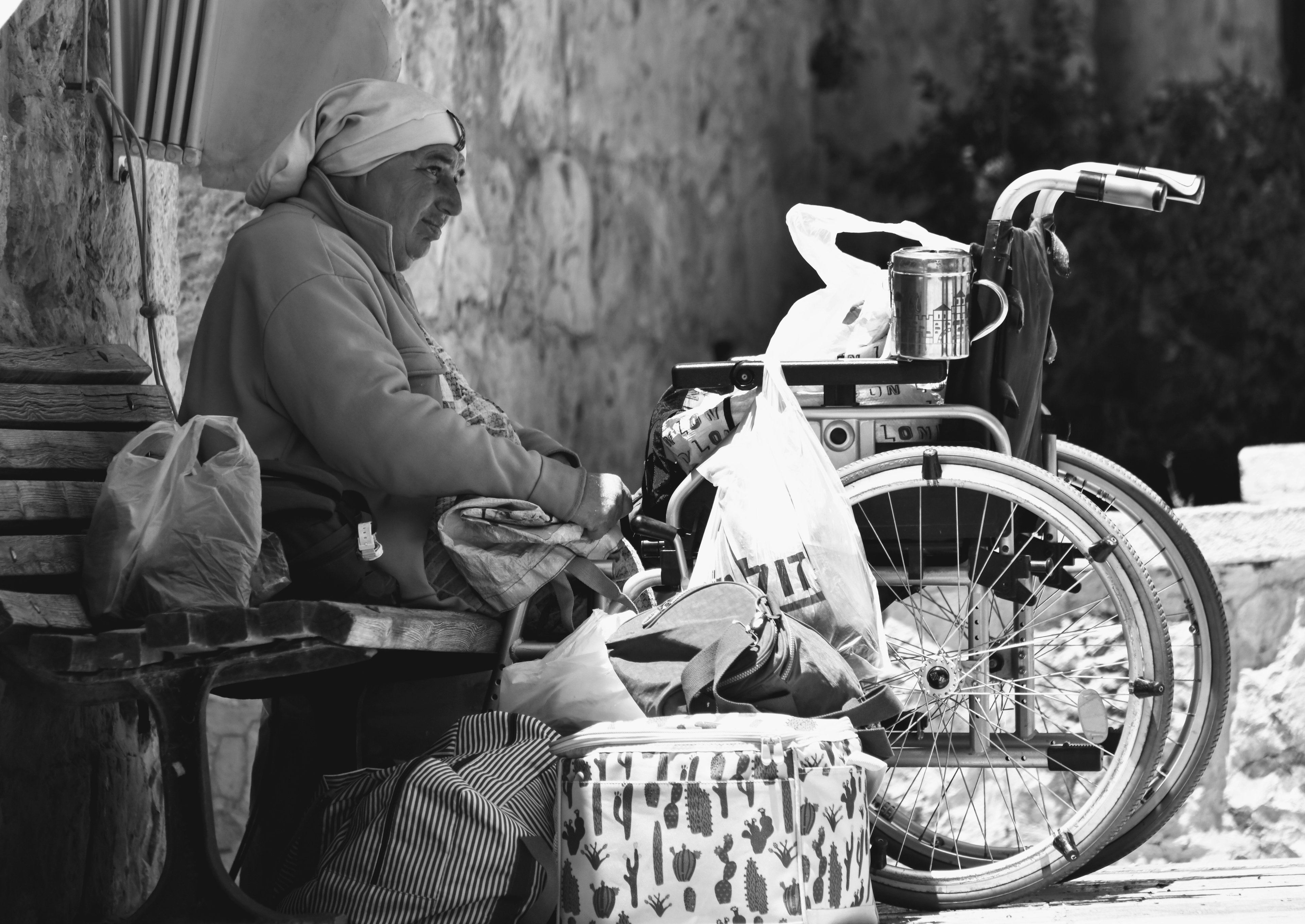
Wellness and Alternative Medicine in Portugal
Between ancient traditions and modern approaches, Portugal has become a leading destination for those seeking balance, vitality, and serenity.
Portugal captivates visitors with its light, its ocean, and its gentle pace of life.
But beyond this idyllic setting, the country also cultivates a true art of well-being, deeply rooted in its culture.
From the natural thermal baths of the north to the yoga retreats of the Algarve, and the alternative medicine clinics of Lisbon, a genuine ecosystem of holistic care has emerged.
Here, health is not just the absence of illness: it is a state of harmony between body, mind, and nature.
An Ancient Tradition of Natural Healing
Long before the rise of modern spas, the Portuguese already knew the healing power of their land.
The country’s thermal waters, rich in minerals, have been used since Roman times.
The towns of Caldas da Rainha, Monchique, São Pedro do Sul, and Chaves have become renowned destinations for rest and rehabilitation.
Treatments there combine hydrotherapy, volcanic muds, massages, and natural medicine.
Many of these resorts have been restored and now welcome both locals and foreign visitors.
The atmosphere is peaceful, the setting green and serene, and the treatments are inspired by nature.
These places remind us that Portugal has always maintained an intimate connection with the elements — water, earth, wind, and sea.
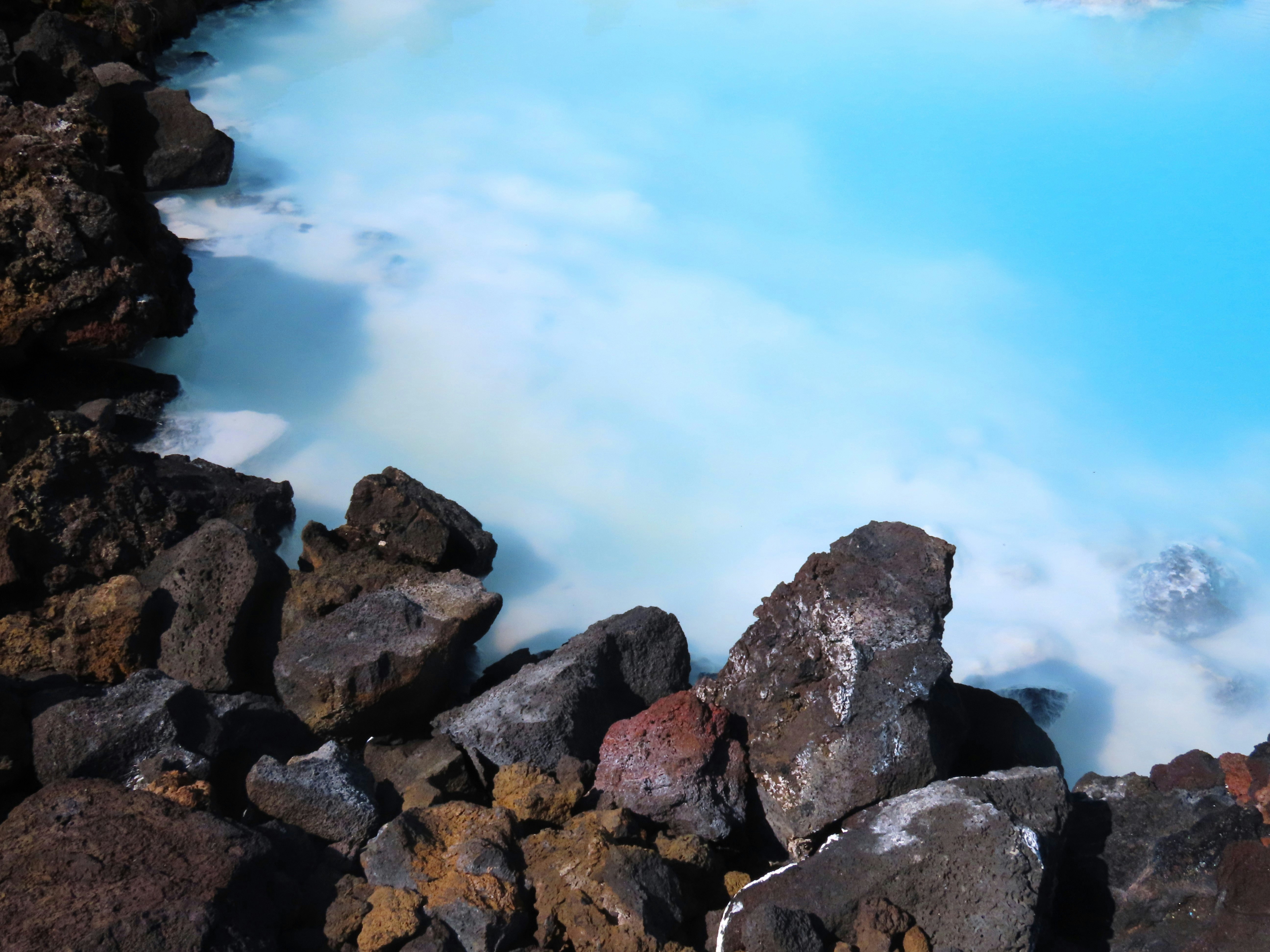
The Rise of Alternative Medicine
Over the past two decades, alternative medicine has experienced remarkable growth in Portugal.
Practitioners trained in traditional Chinese medicine, acupuncture, osteopathy, naturopathy, and reflexology are now established in all major cities.
Lisbon and Porto host many specialized clinics, but smaller coastal towns such as Cascais, Lagos, and Ericeira also attract therapists.
Expats and travelers can find personalized care, often bilingual, and grounded in a holistic approach.
Some clinics combine Eastern medicine with Western techniques: therapeutic yoga, phytotherapy, guided meditation, energy healing, or aromatherapy.
The result is a harmonious blend of scientific precision and spiritual openness.
Retreats and Wellness Centers
Portugal has become a top destination for wellness and personal development.
Yoga, meditation, and detox retreats are multiplying, particularly in the Algarve, Sintra, Comporta, and the Gerês region.
The natural landscapes — cliffs, forests, valleys, and ocean — foster reconnection and inner balance.
Many centers welcome visitors from around the world for stays ranging from a few days to several weeks.
Programs include healthy eating, conscious breathing, massages, hiking, and mindfulness workshops.
Some venues, such as Vale de Moses, The Wellness Project, and Inlight Yoga Algarve, rank among Europe’s best for the quality of their guidance and the beauty of their surroundings.
The philosophy remains simple: return to the essentials, live slowly, and cultivate presence.
Between Science and Spirituality
What sets Portugal apart is its ability to blend tradition and innovation.
Practitioners don’t limit themselves to spiritual approaches — many work alongside doctors, psychologists, and nutritionists.
Private hospitals now include relaxation therapies, therapeutic massages, and music therapy in their rehabilitation programs.
The country has also launched research initiatives on mental well-being and stress, notably at the University of Coimbra.
This alliance between science and gentle practices helps make healthcare more human, more complete, and less centered solely on illness.
Natural Products and Local Culture
Portuguese well-being also draws from nature itself.
Herbal shops, markets, and organic stores are flourishing across the country.
They offer essential oils, local herbal teas, mountain honey, Atlantic seaweed, and artisanal soaps.
Rural regions are rediscovering ancestral know-how: cultivating lavender, distilling rosemary, producing natural balms.
This “doce vida” philosophy emphasizes simplicity and quality — two values deeply rooted in the Portuguese way of life.
Tips for Experiencing Wellness in Portugal
For an authentic immersion, it’s best to choose an experience that connects care, nature, and tranquility.
- Stay in a historic thermal hotel such as Termas de São Pedro do Sul.
- Join a yoga or breathwork retreat by the coast or in the mountains.
- Try an Ayurvedic massage, a Reiki session, or a hot stone treatment.
- Explore local organic markets and traditional herbal shops.
The key is to listen to your body, slow down, and let yourself be inspired by the Portuguese sense of calm.
Conclusion
In Portugal, well-being is an art of living.
It is expressed in the gentleness of gestures, the kindness of people, and the respect for nature.
From ancient thermal baths to modern retreats, from medicinal herbs to energy healing, the country offers a rare balance between authenticity and modernity.
Here, both body and soul are nurtured — and perhaps that is the true secret of Portuguese happiness.
Share this article
Suggested articles
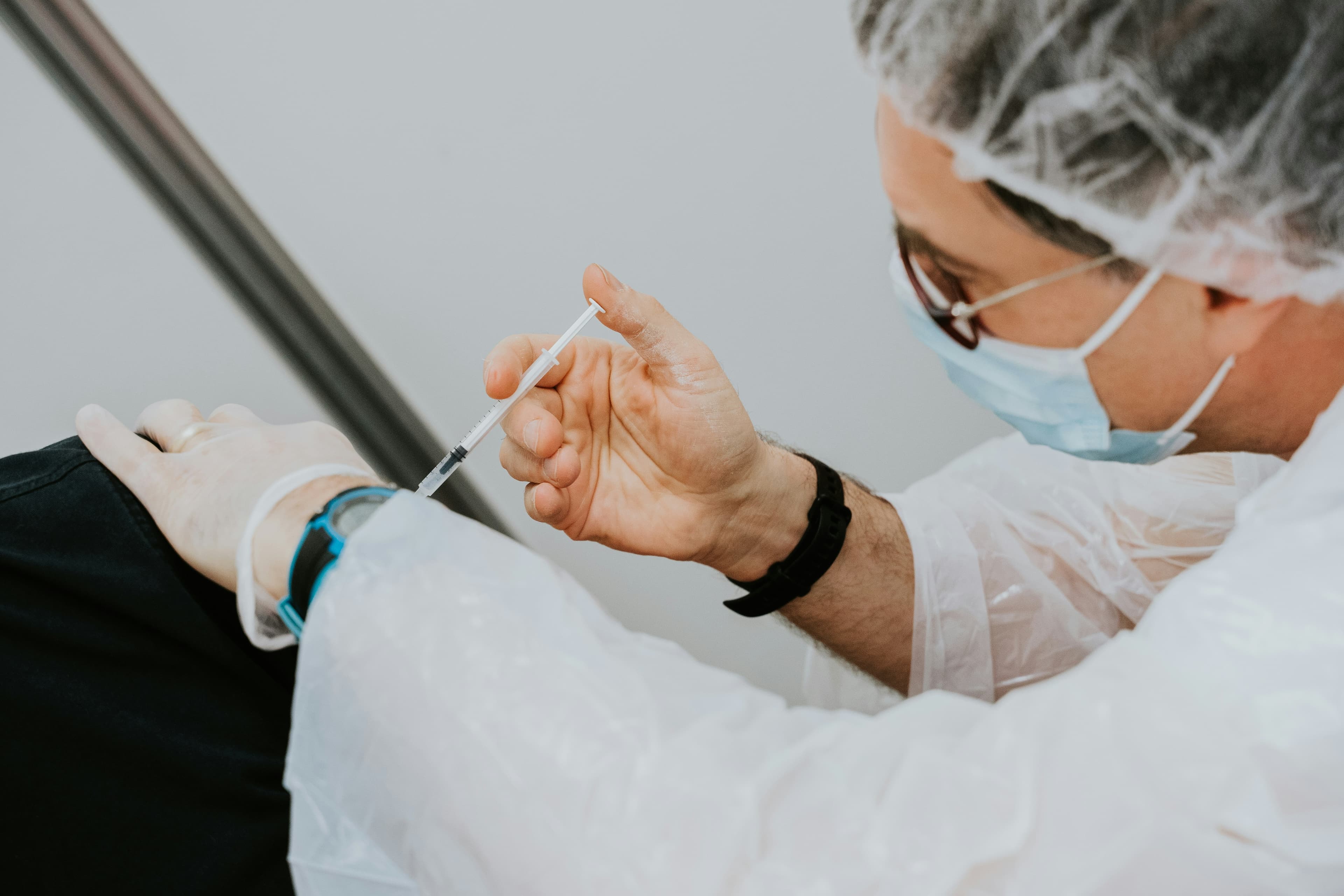
Before putting down your suitcases in Portugal, vaccines, mosquitoes & other medical delights
So that’s it, you’ve decided to drop everything for the Portuguese sunshine, grilled sardines and 80-cent coffee. Excellent choice. But before you picture yourself sipping your vinho verde on a Lisbon terrace, there’s a small detail you’d better not skip: your health.

Private Clinics: Standards and Prices
If there is one area where Portugal quietly excels, it is private healthcare. The country has successfully combined high-quality care, modern technology, and genuine hospitality, creating a model appreciated by both locals and foreign residents. Faced with delays in the public system and the growth of medical tourism, private clinics are booming, particularly in Lisbon, Porto, and Faro.

Health Insurance for Expats: Options and Costs
Moving to Portugal is, for many, the fulfillment of a dream. Sunshine, the sea, gastronomy, and quality of life attract thousands of expats every year. But before diving into the calm rhythm of Portuguese life, one essential question arises: how to ensure proper healthcare coverage?
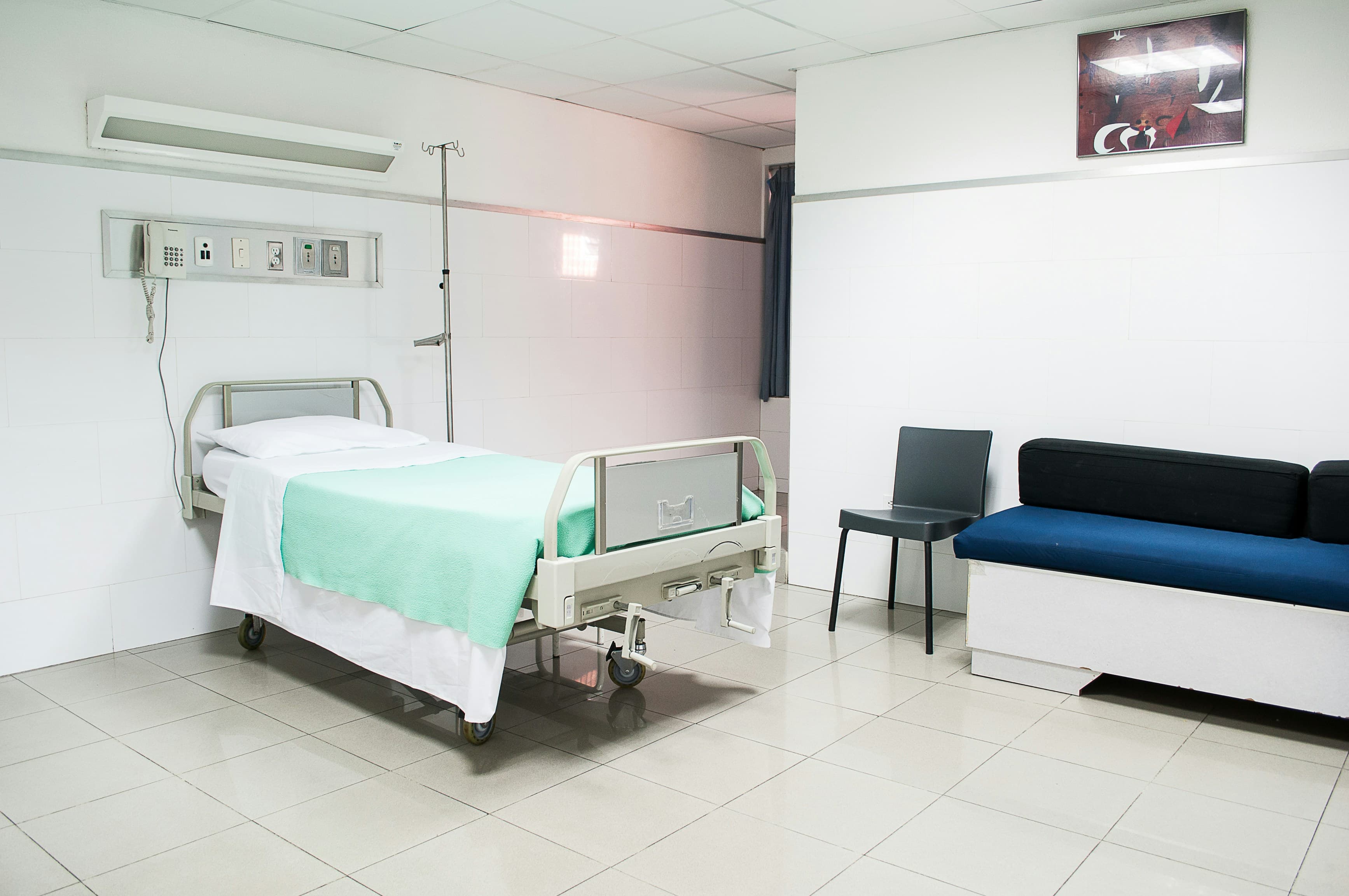
Portuguese healthcare system : public vs private
You might have just settled in Portugal, sunglasses on, pastel de nata in hand, and suddenly think, “Okay, but what happens if I get sick ?”. Take a deep breath (it’s going to be fine), let’s break it all down together, clearly, simply, and without boring you (promise !). Here’s what you need to know about the Portuguese healthcare system, both public and private, what’s great about it, and what to keep in mind.

How to get your número de utente (Portuguese health user number)
If you plan to live in Portugal for more than a few weeks (or even a few months), there’s one phrase you’ll hear sooner rather than later : “número de utente.” It’s also called the “SNS number.” This is your personal ID within the Portuguese public healthcare system (Serviço Nacional de Saúde). Without it, you’re basically a “medical tourist.” With it, you’re officially part of the system you can book appointments at your local centro de saúde (public health center), see a family doctor, go to the ER, and get billed like a local resident. In short, it’s your ticket to public healthcare. So yes, it’s important ! And good news : getting it is totally doable even if Portuguese bureaucracy has a deep love for… paperwork. Lots of paperwork !
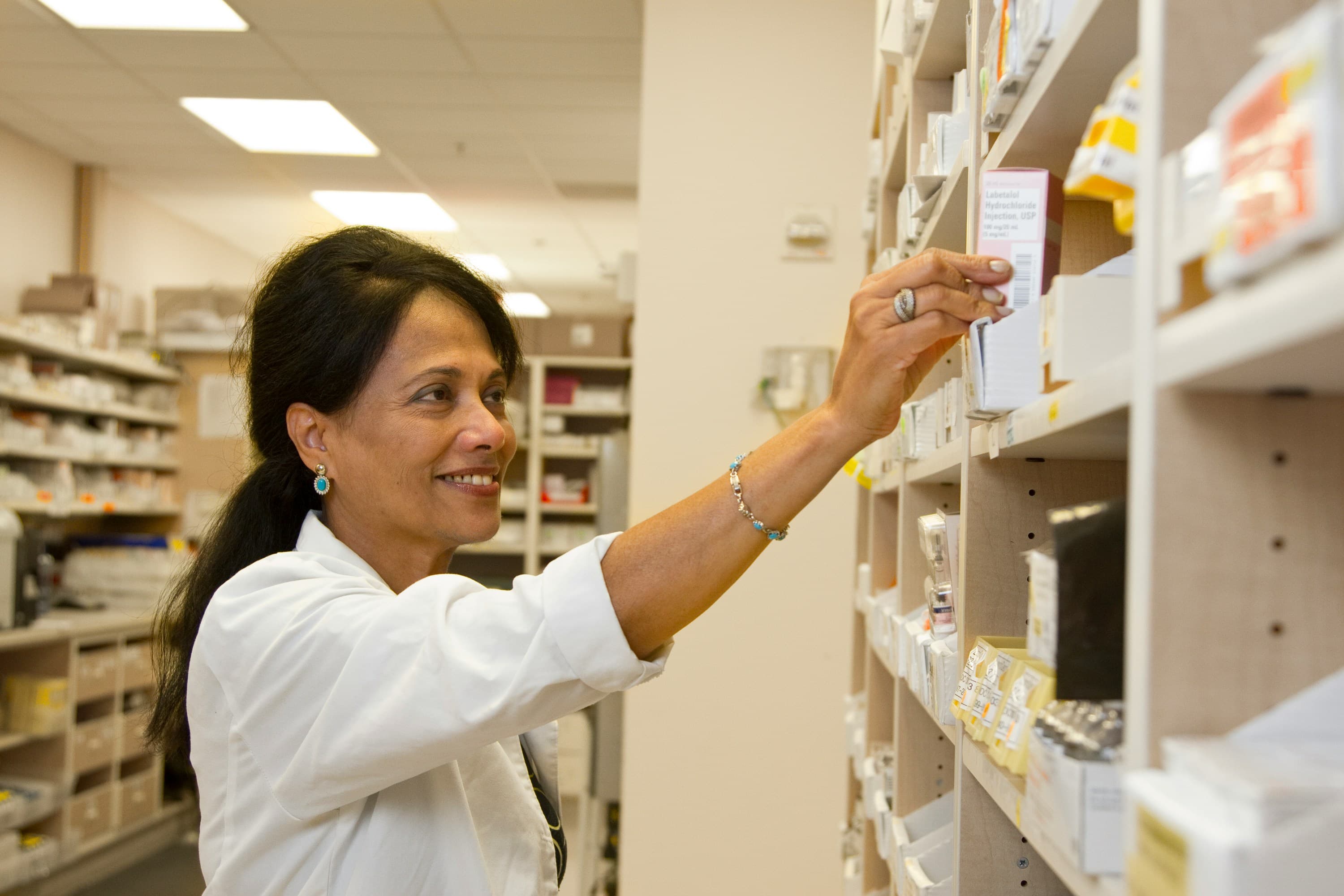
Portuguese Pharmacies: A Local Service
In Portugal, the pharmacy is much more than a simple place to buy medicine. It’s a space of trust, a point of reference in daily life, a place where advice, attention, and proximity meet. In both big cities and remote villages, Portuguese pharmacies play a key role in healthcare and in the human connection between professionals and the community.


